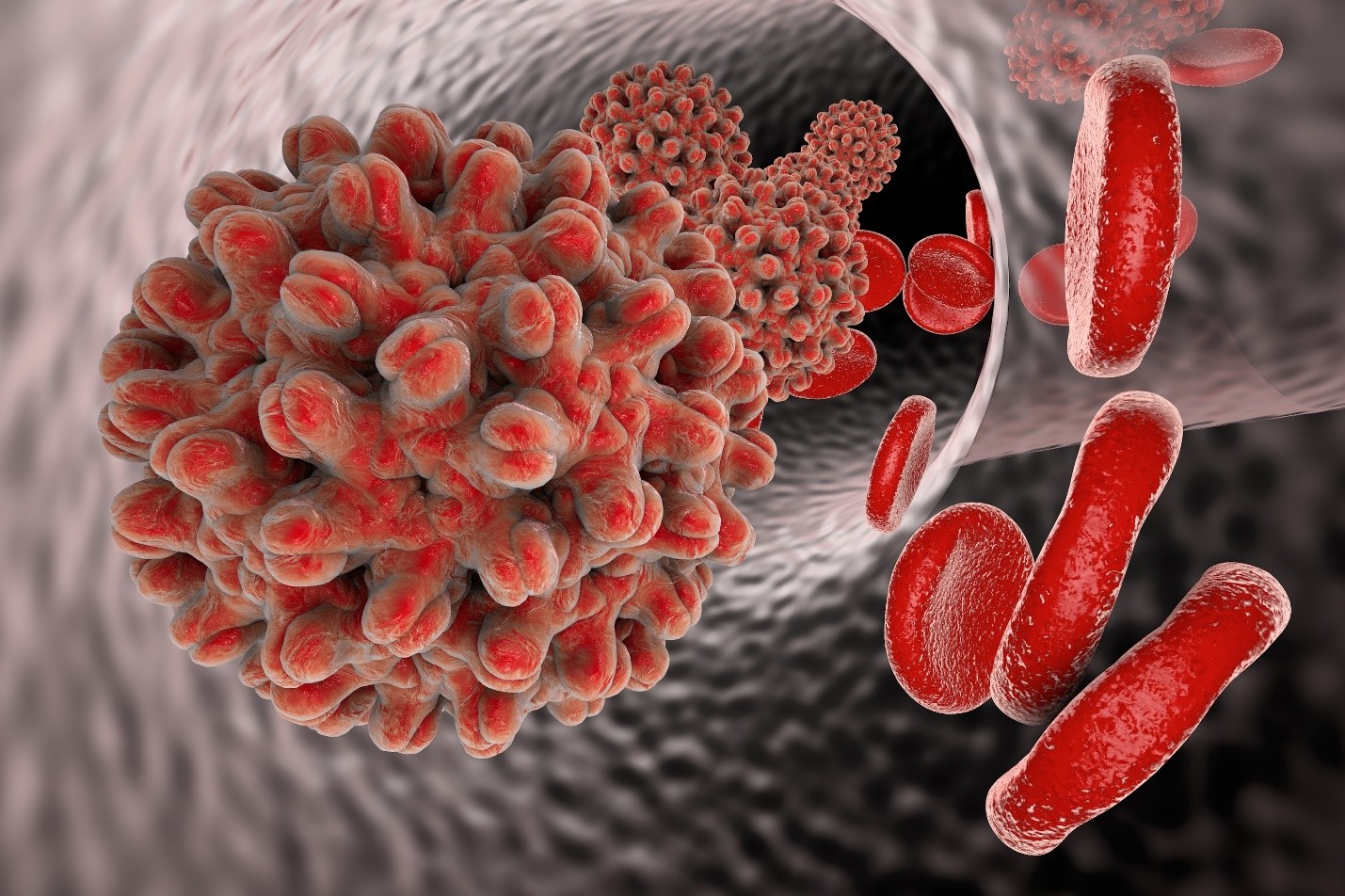Fungal infections, often overlooked, can cause a wide range of health problems, from mild skin irritations to serious systemic diseases. Fungi are microscopic organisms that thrive in warm, moist environments. They can cause infections in various parts of the body, including the skin, nails, lungs, and internal organs.
Common Types of Fungal Infections
- Skin Infections:
- Athlete’s Foot: A fungal infection that affects the skin between the toes.
- Jock Itch: A fungal infection that affects the groin area.
- Ringworm: A fungal infection that causes a circular, itchy rash on the skin.
- Nail Fungus: A fungal infection that affects the toenails or fingernails.
- Respiratory Infections:
- Histoplasmosis: A lung infection caused by inhaling fungal spores.
- Coccidioidomycosis (Valley Fever): A lung infection caused by inhaling fungal spores.
- Systemic Infections:
- Candidiasis: A fungal infection caused by Candida yeast, which can affect various parts of the body, including the mouth, throat, esophagus, and vagina.
- Cryptococcosis: A fungal infection that primarily affects the lungs and central nervous system.
Risk Factors for Fungal Infections
- Weakened Immune System: People with weakened immune systems, such as those with HIV/AIDS or undergoing chemotherapy, are more susceptible to fungal infections.
- Diabetes: High blood sugar levels can create a favorable environment for fungal growth.
- Antibiotic Use: Long-term antibiotic use can disrupt the balance of bacteria and fungi in the body.
- Hot and Humid Climate: Warm, moist conditions can promote fungal growth.
- Poor Hygiene: Inadequate hygiene practices can increase the risk of fungal infections.
Symptoms of Fungal Infections
Symptoms of fungal infections vary depending on the type of infection and the affected body part. Some common symptoms include:
- Skin: Rash, itching, redness, scaling, and pain.
- Nails: Thickening, discoloration, and crumbling of nails.
- Lungs: Cough, shortness of breath, chest pain, and fever.
- Internal Organs: Fever, fatigue, and other systemic symptoms.
Prevention and Treatment
- Prevention:
- Good Hygiene: Practice good hygiene, such as washing hands frequently and keeping skin clean and dry.
- Avoid Sharing Personal Items: Avoid sharing personal items like towels, razors, and clothing.
- Wear Breathable Footwear: Wear breathable footwear to prevent foot infections.
- Treat Underlying Conditions: Manage underlying health conditions like diabetes and HIV/AIDS.
- Treatment:
- Antifungal Medications: Topical or oral antifungal medications are commonly used to treat fungal infections.
- Lifestyle Changes: Maintaining good hygiene and avoiding triggers can help prevent recurrent infections.
If you suspect a fungal infection, it’s important to consult a healthcare professional for accurate diagnosis and appropriate treatment. Early diagnosis and treatment can help prevent complications and improve your overall health.

